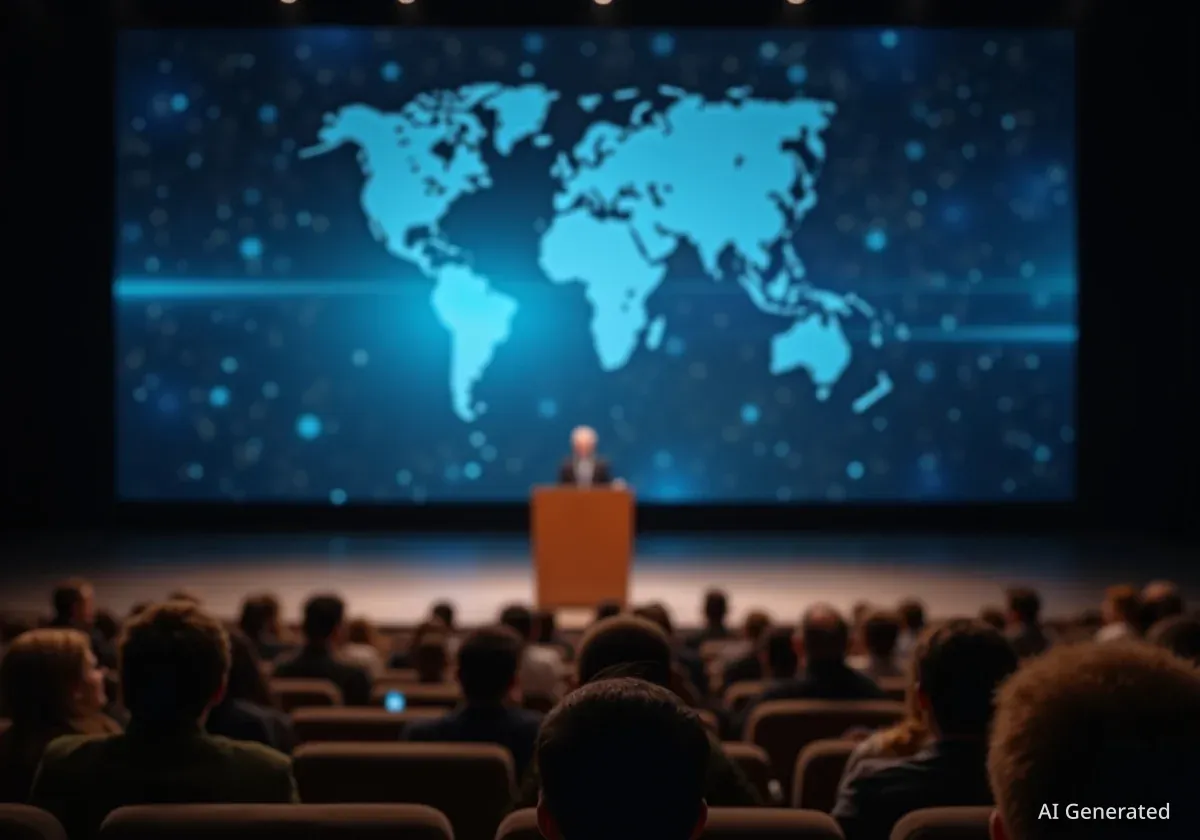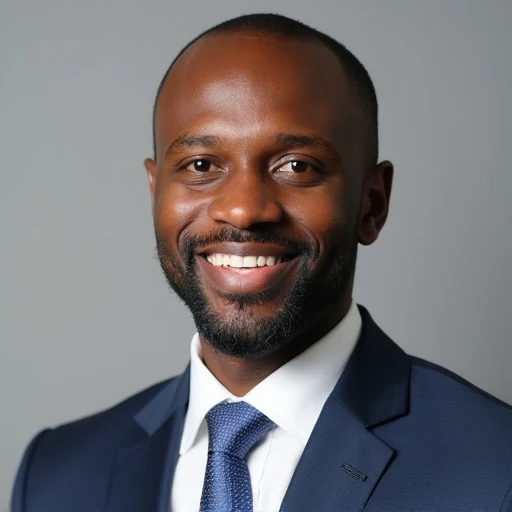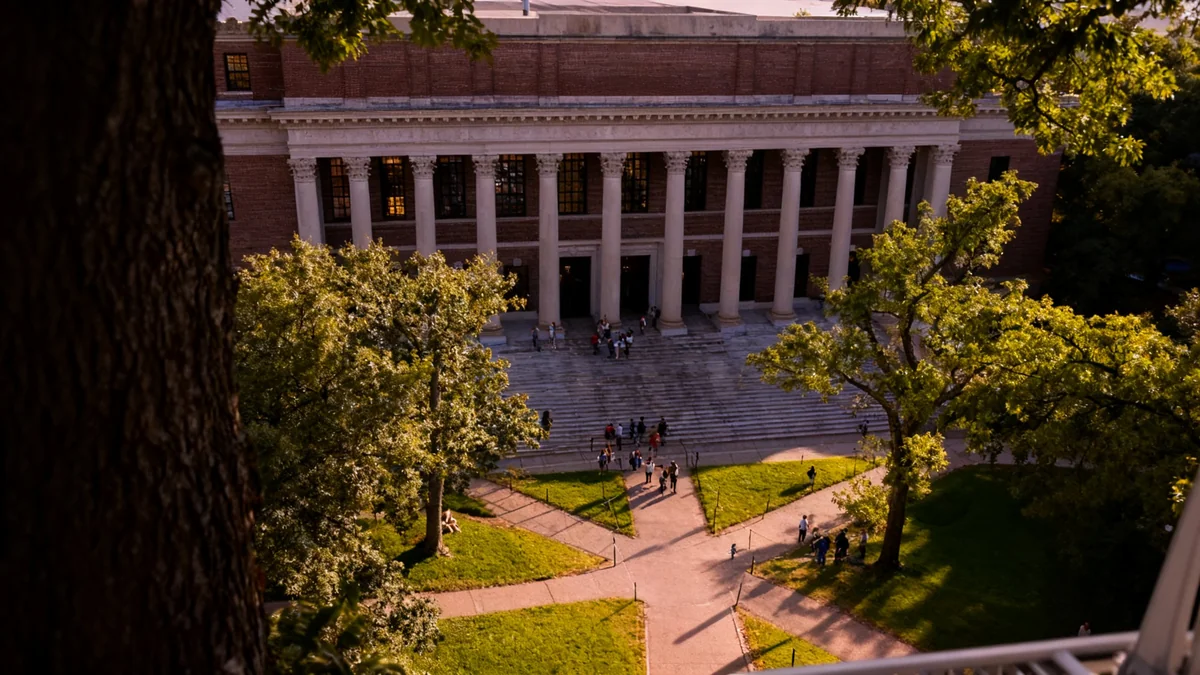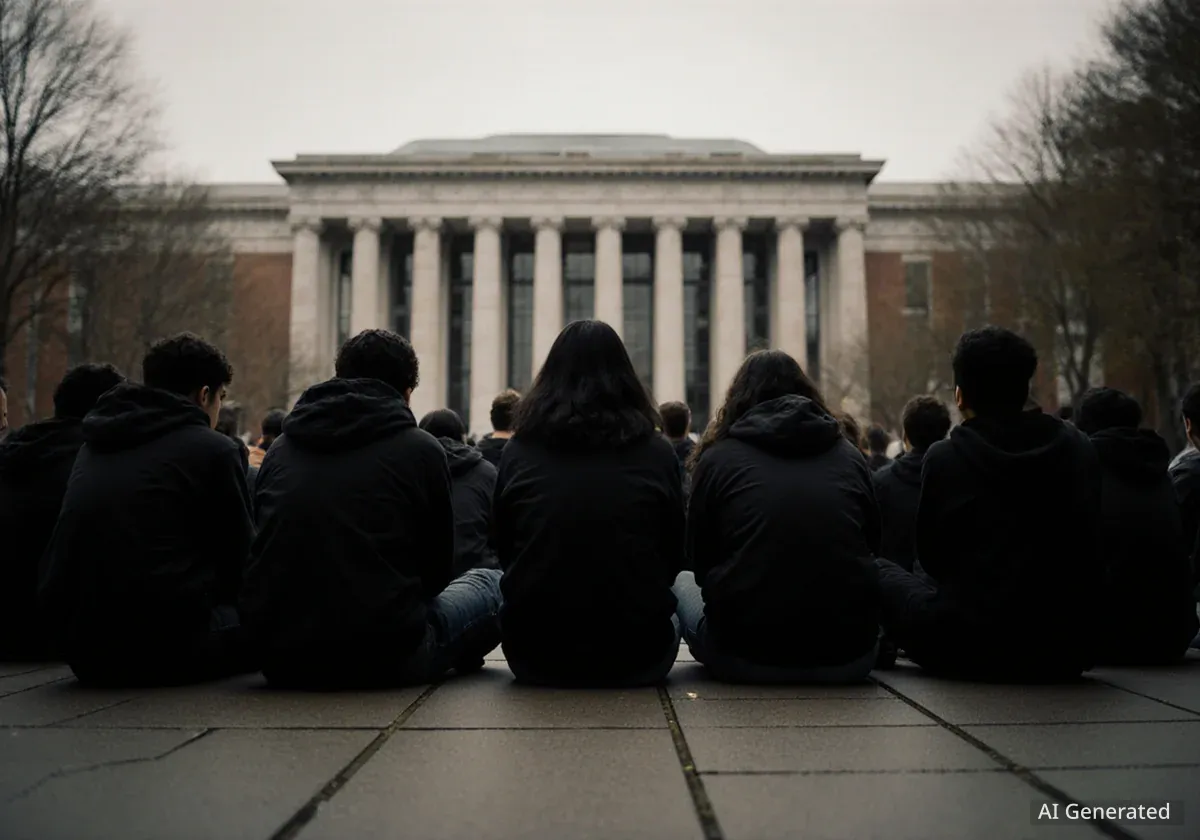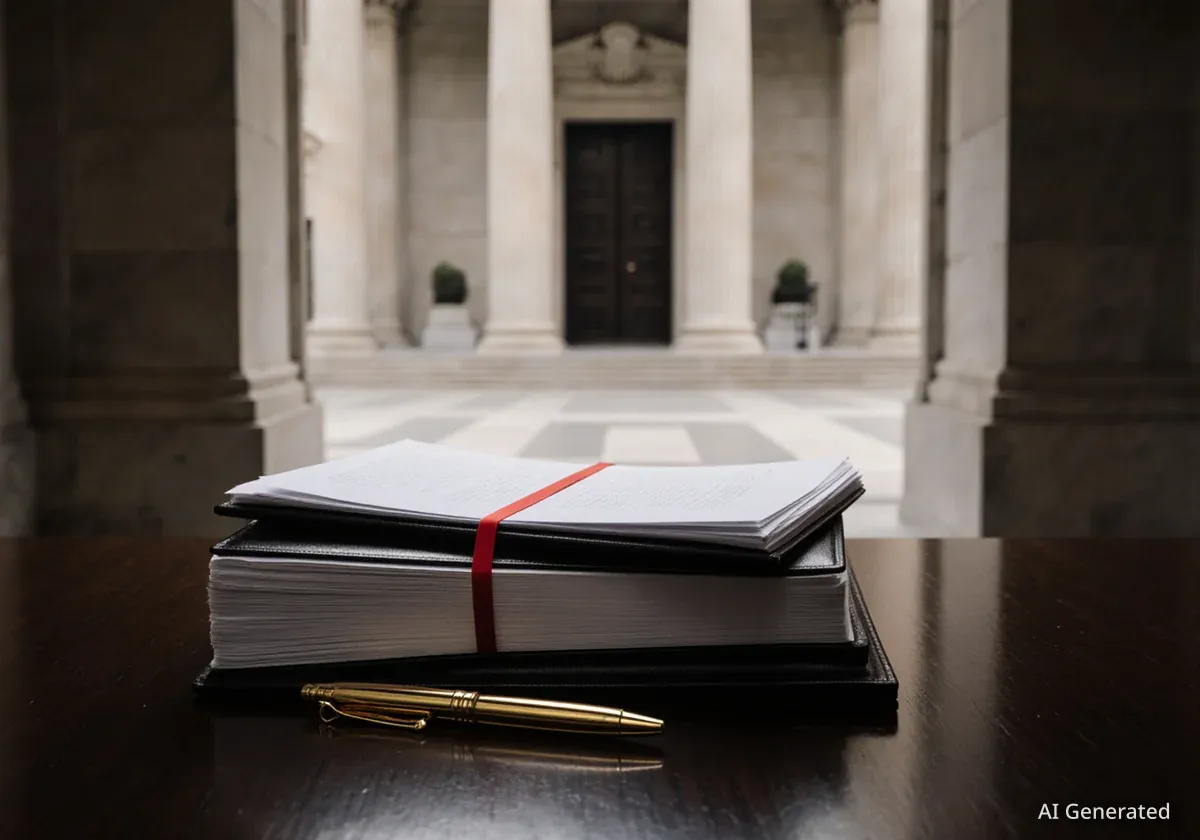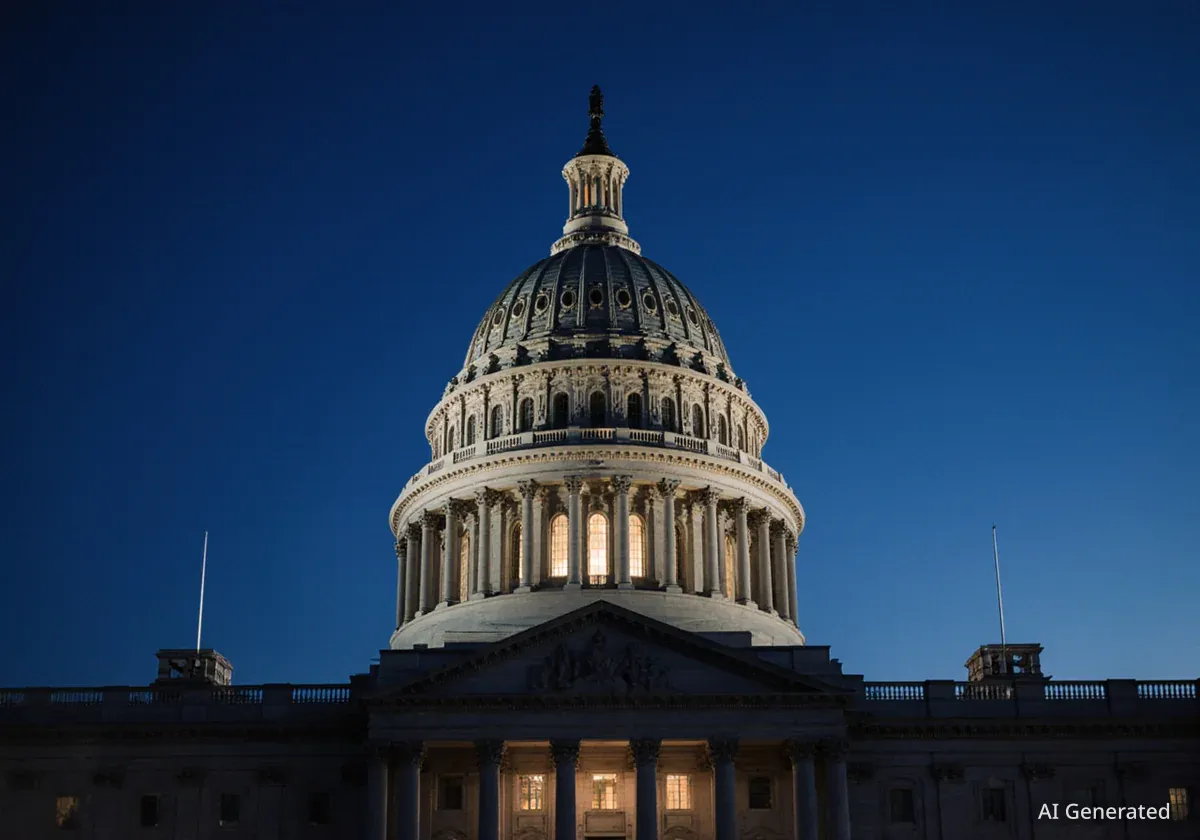Former Secretary of State Hillary Rodham Clinton addressed a crowd of approximately 1,800 at Brown University on Thursday, delivering a wide-ranging analysis of current global instability, the dangers of digital misinformation, and her personal encounters with world leaders like Vladimir Putin. The event, part of the Ogden Memorial Lecture series, featured a conversation between Clinton and university President Christina Paxson.
Key Takeaways
- Clinton identified Russian aggression, the rise of Chinese influence, and climate change as major sources of global instability.
- She criticized recent shifts in U.S. foreign policy for creating uncertainty among allies and opportunities for adversaries.
- Clinton shared a personal anecdote about Russian President Vladimir Putin, describing him as a "horrible misogynist" who aims to undermine Western culture.
- She cited the failure to embed Facebook staff in her 2016 campaign as a "huge mistake," allowing disinformation to spread unchecked.
- The former presidential candidate called for increased vigilance against foreign-led disinformation campaigns designed to divide Americans.
A World in Flux
Hillary Clinton began her remarks by reflecting on the international order established after World War II, a framework she credited with providing decades of relative stability. This system, largely shaped by the United States, navigated the Cold War, the rise of China, and the unification of Europe.
However, she argued that this era of stability is now under significant strain. Clinton pointed to several concurrent challenges creating a more volatile global landscape. These include the continued expansion of Chinese influence on the world stage, overt Russian aggression in Europe, and the escalating effects of climate change and international conflict.
The Ogden Memorial Lecture
The discussion was part of the Stephen A. Ogden Memorial Lecture Series on International Affairs. The series was established in honor of a Brown University student from the Class of 1960 who passed away during his junior year. It has become a prominent platform for distinguished global figures to discuss international relations.
Unpredictability in American Foreign Policy
Adding to these external pressures, Clinton expressed concern over what she described as instability and uncertainty in current American foreign policy. She stated that policies that appear to change frequently create a vacuum that can be exploited by nations that "don’t wish us well."
This unpredictability, she explained, leaves traditional allies unsure of the United States' commitments. As specific examples, she cited the U.S. withdrawal from the Paris climate accord and the nuclear agreement with Iran as policy shifts that surprised the international community and undermined diplomatic efforts.
Confronting Global Adversaries
The conversation, guided by questions from President Paxson and the audience, soon turned to specific international hotspots and personalities. Clinton commended the Trump administration for its role in negotiating a cease-fire in Gaza, noting it was the first since one she helped broker in 2012.
Despite this, she emphasized that a cease-fire is merely a starting point. Critical questions remain unanswered, including who will provide security forces, who will fund the massive reconstruction efforts, and what a viable Palestinian governing body, not led by Hamas, would look like. "The cease-fire is just the first step," she stressed.
1,800 attendees: University officials estimated that 1,800 people gathered at the Pizzitola Sports Center to hear Hillary Clinton speak.
A Personal Encounter with Putin
When the topic shifted to Russia, Clinton offered a stark and personal assessment of its leader. She called Vladimir Putin "impossible" and dangerous, pointing directly to his aggression in Ukraine as evidence of his intentions. According to Clinton, Putin's ultimate goal is to dismantle the United States and destroy Western culture.
"He's a horrible misogynist," Clinton remarked, drawing a laugh from the audience as she recounted his tendency toward "mansplaining" during their meetings.
She shared a revealing story from one of their talks. In an attempt to find common ground, she asked him about his efforts to conserve Russian wildlife. Putin's demeanor changed instantly; he became animated and began speaking fluent English. He then led her past surprised security guards to a private inner office containing a massive map of Russia.
Pointing to different locations, he described his work with bears, tigers, and birds. When he mentioned an upcoming trip to the Arctic to tag polar bears, Clinton commented that it sounded exciting. Putin's response was a pointed challenge: "Would your husband like to come with me?"
The Digital Battlefield
The discussion also explored the domestic landscape, particularly the role of the internet and misinformation in modern politics. When asked if she would have done anything differently in her career, Clinton quipped, "I'd win the electoral college!"
She elaborated on the dramatic changes between the 2012 and 2016 presidential elections. A key factor, she explained, was the rise of sophisticated disinformation campaigns. Clinton admitted her campaign made a "huge mistake" by not allowing Facebook to embed staff with them, a strategy the Trump campaign utilized.
She suggested these embedded tech employees developed a kind of "Stockholm Syndrome," ultimately helping the campaigns they were assigned to. This, combined with a wave of Russian-led disinformation, created a new and challenging political environment. Clinton noted that some Russian entities didn't even try to hide their involvement, paying for misleading online ads in rubles.
The Pervasiveness of False Narratives
Clinton cited some of the more extreme false stories that circulated in 2016, including accusations that she was involved in child trafficking and drank people's blood. She pointed out with concern that a segment of the population believed these narratives.
She identified Russia, China, Iran, and North Korea as primary sources of foreign-originated disinformation aimed at dividing Americans. "It's something they have done a pretty good job of accomplishing," she stated.
Looking ahead, Clinton urged everyone to register and vote, expressing hope for free and fair elections while acknowledging what she sees as concerted efforts to make voting more difficult and to intimidate citizens. She also voiced deep concerns about online safety and the vast amounts of personal data surrendered to tech companies, arguing that not enough is being done to regulate the industry.
On a final note, she spoke in favor of phone-free schools, mentioning that teachers in her home state of New York have reported improved student attention and academic performance since implementing such policies.
